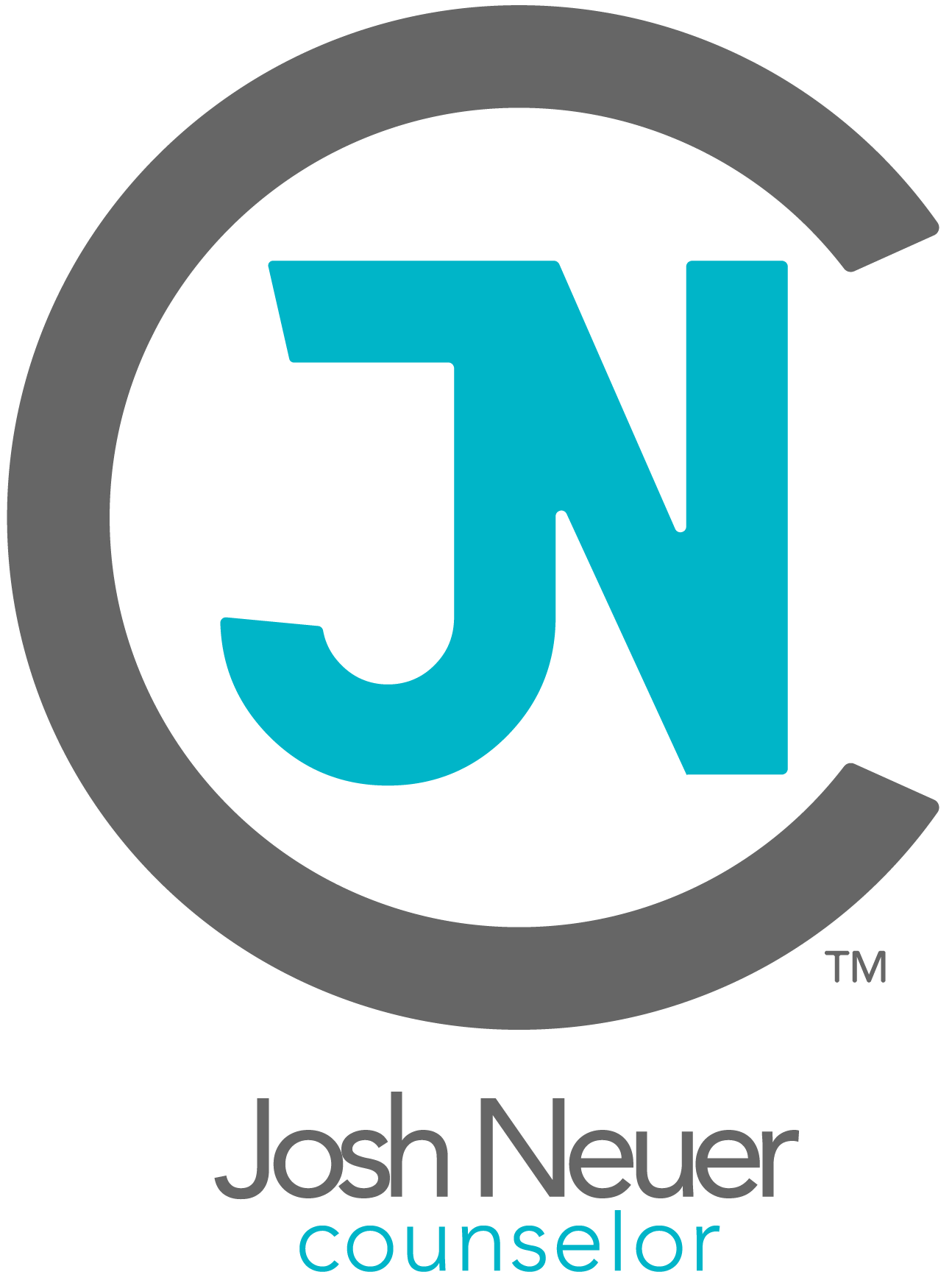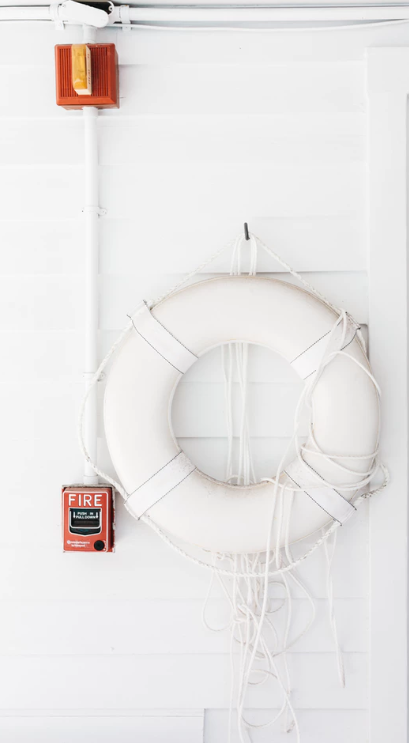Students At Risk: Mental Health in America
It Takes a Village
The needs of students are many. During my years as a teacher it became abundantly clear to me that some important needs of the student were beyond the scope of the teacher. I went back to school and obtained my masters in Professional Counseling and completed two years of clinical training to become a Licensed Professional Counselor. I returned to public and private schools as a full-time mental health counselor. This new role allowed me to work alongside all students, families and staff. After teaching for over a decade, I thought I understood the needs of students...until my first year as a mental health counselor. In high school I was seeing students struggle with cutting through self-harm and suicidal ideation. In middle school it was body image and eating disorders. In elementary school it was divorce, social and emotional difficulties and abuse. Schools house children for 35-40 hours a week for 18 years of their lives. This is an incredible investment in the life of the child. In light of this, I want to share with you two very important lessons I’ve learned in my years of counseling.
Community Resources
“We relied heavily on community resources, while protecting student information, and we did not try to fix every problem within the four walls of the school.”
The first lesson I learned was that schools were in desperate need for the involvement of community resources. When schools remain silos, they work only with the talent in the building and are limited by a shortage of time and resources. Because of this, students may not know where to find help for themselves or their friends. Unfortunately, this pattern often keeps children and families in cycles of damaged relationships, isolation and/or prolonged abuse. While I was the point person and students were beginning to feel very comfortable with seeking help from me, this was beyond my skill set alone. That’s when we began to do things differently. We relied heavily on community resources, while protecting student information, and we did not try to fix every problem within the four walls of the school. We contacted law enforcement for suicide notes that had been written, the department of social services for suspicion of abuse, the Julie Valentine Center for support concerning sexual assault and trauma, the Eating Recovery Center for eating disorders and To Write Love on Her Arms and the Crisis Text Line for suicide prevention and support. Teachers, counselors, administrators and parents: if you know someone who is struggling, get them help from the greater community. Too many people suffer alone unnecessarily. We are built for community; help is available. Please refer to the list of valuable resources that I have included at the end of this article.
Advocacy
The second lesson I learned was that the vast majority of students don't know how to advocate for themselves. This has been a common theme both in public and private schools regardless of race, religion or socio-economic status. Schools and parents often unknowingly restrict their children from getting help by making comments concerning tattling or by telling children they are old enough to handle it alone. While I agree that students should advocate for themselves, they first need appropriate counsel and the tools necessary to do so. Sometimes families avoid difficult issues they think they cannot handle or that may make them look poorly in the community. Psychology professor Jorge Wong supports the idea of advocacy despite the fear of stigma stating, “If you’re not used to talking to people to solve problems, it appears that you’re sharing your 'dirty laundry' with others. And that is also shameful because you need to keep everything within the family and not present it in a shameful way to others.” Saving face and maintaining faith and the family’s honor can sometimes keep the child from getting the help needed. Wong continues, “When you’re depressed and suicide comes up as an option, your thinking gets constricted and that person can see that’s the only way out ... and I think that's why people need to identify symptoms as well as be able to talk and address mental health issues or depressive issues more openly.” This is where being an open family has its advantages. Open families talk openly and work through conflict, not around it. Open families also monitor isolation as they communicate and make decisions together. As a parent, I suggest taking your child on a date and letting them know that they can come to you at any time and share whatever is on their mind. I encourage families to speak openly and not to keep secrets from one another. I also tell parents to share their own setbacks and disclose mistakes, disappointments and failures and to address their need for help with age appropriate self-disclosure. Families are in this together. When parents model self-care and communicate openly, children will know they can find help from their parents and that the home can become a safe place to talk. Due to the busyness of activities and work schedules, families are meeting together less at the dinner table, however, research shows that the dinner table is the place kids feel most comfortable sharing with their parents. As you initiate conversation and pursue your child, make time for just you and your child. Look them in the eyes and tell them that you love them and that you enjoy conversations with them. It’s in this discussion that children are inclined to share about being bullied, that they drove home drunk from a party last week because they were too afraid to call and get in trouble, that they were offered drugs, that they think they may be depressed, wondered if mom and dad were getting a divorce, questioned their faith, wanted to hurt themselves, etc. Parents, grandparents, school officials, and caregivers: you initiate the conversation and practice what it looks like to advocate for yourself. This is the beginning of seeking help, healing and growing closer as a family.
“We are built for community and help is available.”
Josh Neuer is a Licensed Professional Counselor in Greenville, SC who speaks worldwide about how individuals, families, businesses and communities can find hope and healing that literally changes the world! Josh is passionate about empowering meaningful change in communities and team cultures. He is the founder of Joshua Neuer, LLC Counseling, a committed husband and father, and is absolutely crazy about relationships!




